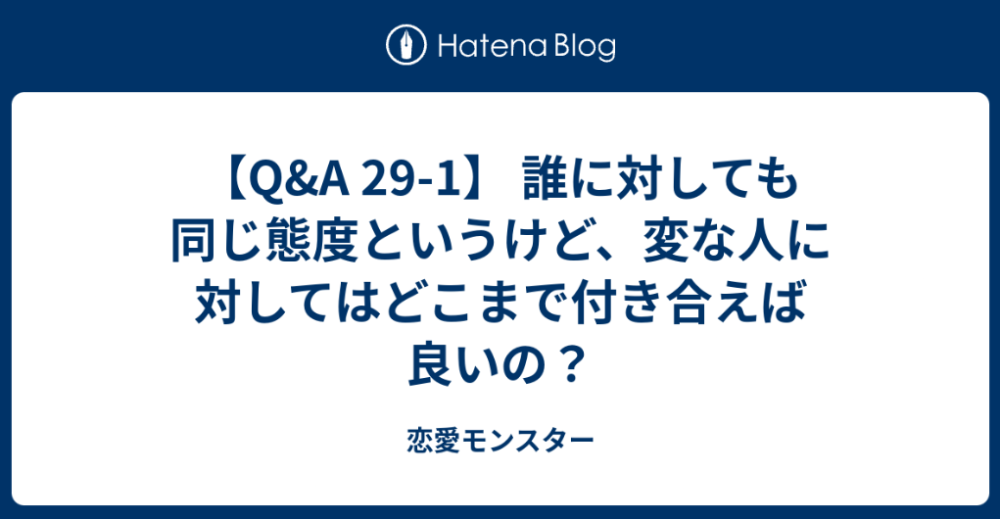に対して (ni taishite) Meaning Japanese Grammar - Towards
Anna Baffa Volpe
Get in touch with meThe expression に対して (ni taishite) is translated in different ways such as in contrast with, against, but also means towards (someone, something), to, regarding (someone, something).
We'll see in this post the 2 main uses and also the different forms of the structure.
When using に対して
The expression に対して describes a person or object towards which the expressed action or feeling is directed.
It has mainly 2 uses:
1 describes the object 対象 towards which the expressed action or feeling is directed: to, towards.
店員さんはお客様に対して丁寧語を使います。
Shopkeepers use a polite language towards customers.
2 describes the contrast 対比 between the two expressed elements and can be translated as: in contrast with, whereas.
ゲームばかりしている兄に対して、弟はいつも勉強している。
My younger brother is always studying, whereas my older brother is always playing games.
に対して towards
The structure we follow when に対して expresses the person, the thing we are referring to mainly uses the noun:
Let's see a sentence that we will reformulate later with the variants に対するい and に対しての.
お父さんは妹に対してとても厳しいです。
My father is very strict towards my young sister.
に対して in contrast to, whereas
対 is a Kanji that we find in the term 反対 meaning opposition, contrast, antagonism, and the expression に対して also takes on the meaning of contrary to, in contrast to.
- A is one way, whereas B is another
高齢者が増えているのに対して、子どもの数は減少しています。
While the number of older people is increasing, the number of children is decreasing.
The structure in this case is more articulated:
- Example using the な adjective, 好きな:
私はクラシックミュージックが好きなのに対して、妹はポップミュージックが好き。
I like classical music, whereas my sister likes pop music.
- Example wih the verb 読む:
真由美は漫画を読んだのに対して、恵子は小説を読んだ。
Mayumi read manga, whereas Keiko read novels.
に対する regarding, towards
This structure as we will see in the examples, に対する contains する which is a verb and can only be followed by a noun.
お父さんは妹に対する態度はとても厳しいです。
My father has a very strict attitude towards my sister.
We therefore had to add a second noun 態度 behaviour, attitude.
親に対する感謝の気持ち
The gratitude towards parents
社会に対する科学の影響は大きいです。
The impact of science on society is significant.
に対しての towards, to
The structure に対して followed by the particle の must be followed by a substantive.
お父さんは妹に対しての態度はとても厳しいです。
My father has a very strict attitude towards my sister.
に対しても even towards, even against
If we add the particle も, the expression becomes に対しても and has the meaning of also against, also towards or in a listing towards both A and B. 誰に対しても means "towards everyone ".
私の同僚は仕事や何に対しても言い訳ばかりだ。
My colleagues always make excuses for work and everything.
に対しては towards
Adding the particle は we are emphasising the element preceding the expression.
Let's see the nuance between に対しても and に対しては through an excerpt from a popular Japanese Blog:

誰に対しても同じ態度というけど、変な人に対してはどこまで付き合えば良いの?
You say you have the same attitude towards everyone, but how far should we go with strange people?
We find twice the expression with a slight nuance:
- に対しても: in this case も refers and is joined to "A" 誰, specifically 誰も
everyoneand combined with 対して becomesto everyone,towards everyone; - に対しては: the particle は emphasises the noun "B" that precedes the expression and creates the contrast with "A": towards strange people
Other examples of に対して
Title of a post from a Japanese blog dealing with personal relationships:
![If you do 9 and don't do 1 towards the counterparty, you will lose [reasons and 3 countermeasures]](/supabase/public/tai-shite.png)
相手に対して9やって1やらないと損をする【理由と対策3選】
If you do 9 and don't do 1 towards the counterparty, you will lose [reasons and 3 strategies]
彼の曖昧な態度に対してイライラした。
I was irritated by his ambiguous attitude.
先生の意見に対して賛成しました。
I agreed with the teacher's opinion.
あきらくんは女性に対して優しい。
Akira is kind to women.
Similar grammar points in Japanese 📚
申し訳ございません
申し訳ございません (moshi wake gozaimasen) Meaning Japanese Grammar - I Apologize
わけがない
わけがない (wake ga nai) Meaning Japanese Grammar - There Is No Reason That
わけがある
わけがある (wake ga aru) Meaning Japanese Grammar - There Is a Reason If
わけではない
わけではない (wake dewa nai) Meaning Japanese Grammar - Does Not Mean That
わけだ
わけだ (wake da) Meaning Japanese Grammar - That's Why...
わけが分からない
わけが分からない (wake ga wakaranai) Meaning Japanese Grammar - Absurd